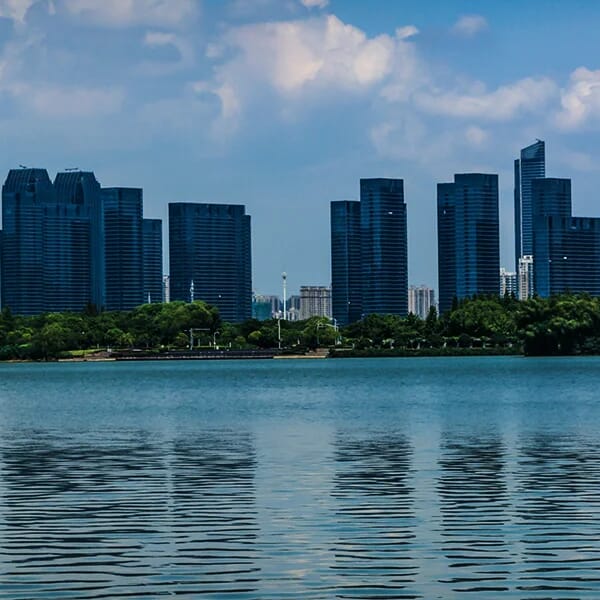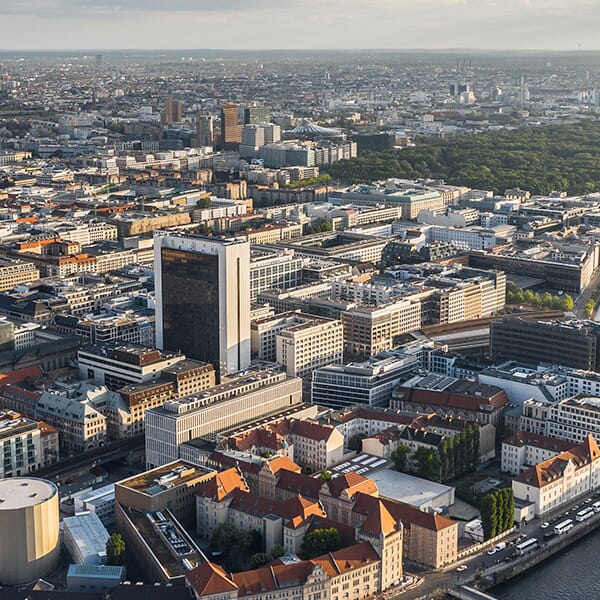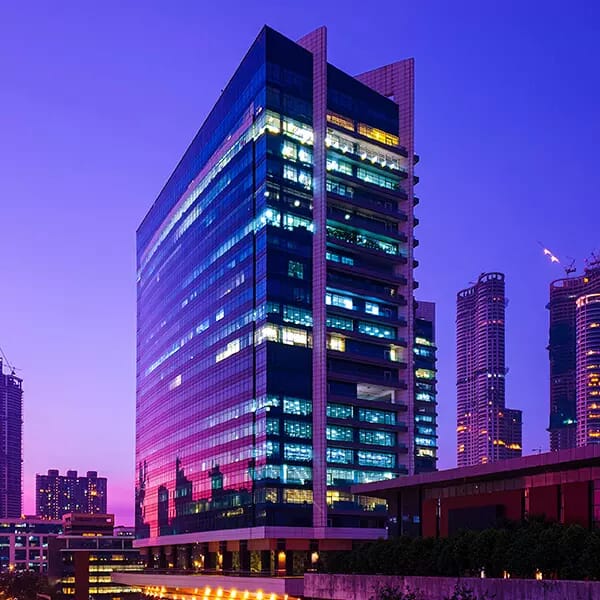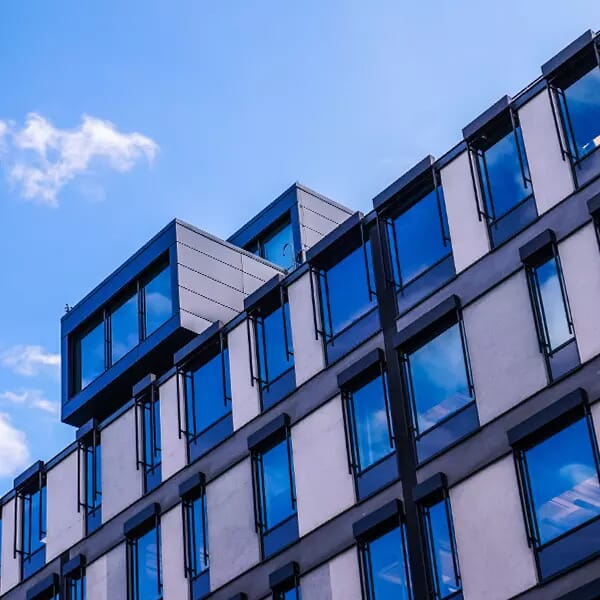 Credit: Yasonya / Shutterstock
Credit: Yasonya / Shutterstock2022: a positive but challenging year
We expect that this year will be a positive year for the real estate industry, despite the health crisis with economic consequences that is afflicting us and will not be over soon.
It looks like most of the assumptions or foundations of the real estate market intended for investment shall hold and the international excess liquidity resulting from the pandemic will be directed to this market. The last year recorded again, even against all odds, significant investment volumes, and even close to the pre-pandemic values, which is remarkable and proves the resilience of the real estate industry.
However, it is not all good and 2022 will not be less challenging. The challenges are many, both old and new.
From the outset, the uncertainty created by the pandemic still remains. Firstly, regarding the end of the actual health crisis. Will 2022 represent an end? And if not (as it seems), shall we and the economy know how to survive with a virus that comes and goes, most contagious but with a decreasing mortality and severity? Secondly, uncertainty concerning the reaction and evolution of the economy in post-pandemic scenarios. Certainly lockdowns, at least the mor severe, will tend to stop being a reality, even though the doubt and the restlessness we have been going through in the past years will remain, including in the real estate investments equation.
Another major challenge lays in the supply difficulty and the raising costs of raw materials, that has been causing great loss in different business areas. This is a challenge that clearly we do not control, considering this is an international geopolitics problem, that further worsens the resulting uncertainty. The macroeconomics specialists and international analysts have been mentioning that this problem will tend to alleviate in the medium and long term, however, the feedback we get from real estate market the field is that the situation is holding and worsening. The default risk in the whole value chain in construction and real estate is becoming latent, as well as the raise in the number of disputes, which we must avoid at all costs.
But the raising cost of construction is a subject worrying the whole industry, from private investors and real estate developers, who find it increasingly difficult to integrate those raises in their projects, specially those intended to medium class housing, to the public entities responsible for the creation of housing, thereby derailing, with the costs exponentiation, the starting of social housing projects and endangering the PRR execution in this subject.
Also dramatic is the manpower shortage in construction, thereby escalating notonly its value, but above all prevents ongoing projects from holding a swift pace, and also new projects from taking off. There is a lack of workers in every rank, including qualified workers, and the installed capacity in our country is insufficient. It is estimated that there is a short supply of 70 thousand workers in the construction industry. The sector loses workers and those that migrated (since the 2008 financial crisis) do not see in this country and in this sector an incentive to return, even if that means to go back to the home country, birthplace, or to the family. Short wages and poor conditions offered by Portugal, compared to other destinations as France, Germany, or Luxemburg, or the perspective of heavy work, and undignified professions do not attract those who departed.
Finally, I would say that the supply difficulty, raw-materials and construction cost increase as well as labour shortage will tend to worsen with both national and foreign PRR's execution. This will be a real challenge, and must worry our leaders. Because if the PRRs aims at, as the name says, bringing recovery and resilience to companies and economy, we risk, in what this industry is concerned, bringing exactly the opposite. This is if we think that the execution of the works laid down in the Portuguese plan will tend to harm those increases and shortages. For decades there was no public investment in construction, and even then, some years ago, we already felt those problems. Now, if we add public construction to private construction, the result is plain to see. And the execution of the foreign PRR, such as the French, German, and other, will be even worse. With better labour conditions and better wages, it is easy to see where all those workers who are still in Portugal will go, as well as the consequences of this competition in the construction and raw-materials price at an European level.
I could not finish without mentioning that the inflation and the much talked bout interest raise, together with the uncertainty of the tourism return to the "glory days", or the new concept of work vs. telework, and the consequences in the spaces, are all challenges that must be taken into consideration.
But one thing is certain, this industry and specially the real estate industry have already proved in the past that this is one of the first industries to get up after a financial crisis, that this is the most resilient sector in a health crisis with economic and social repercussions, and therefore we will be able to, once more, overcome these challenges.








